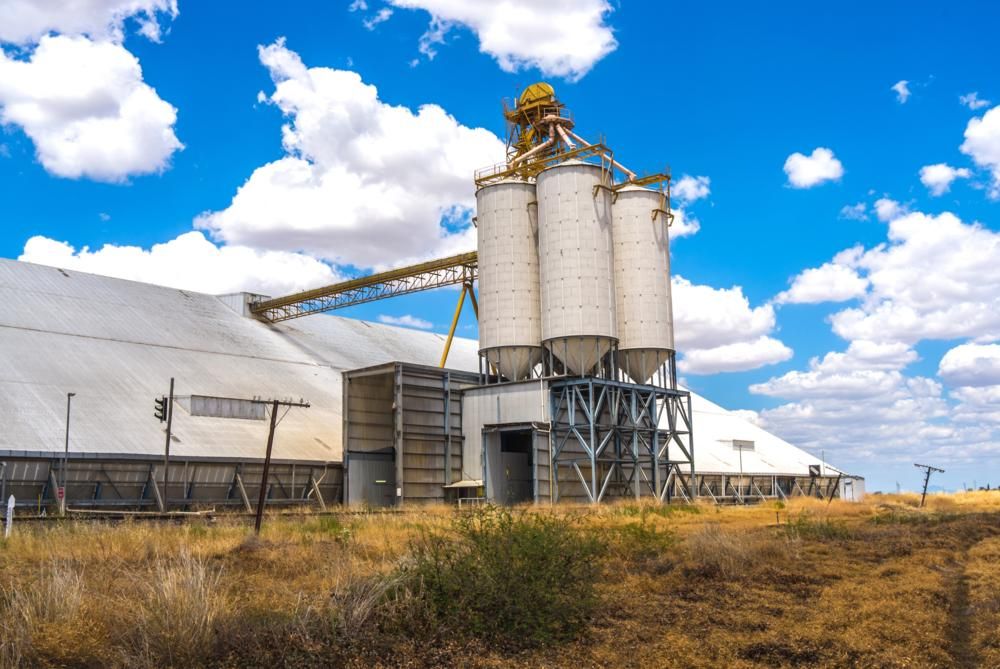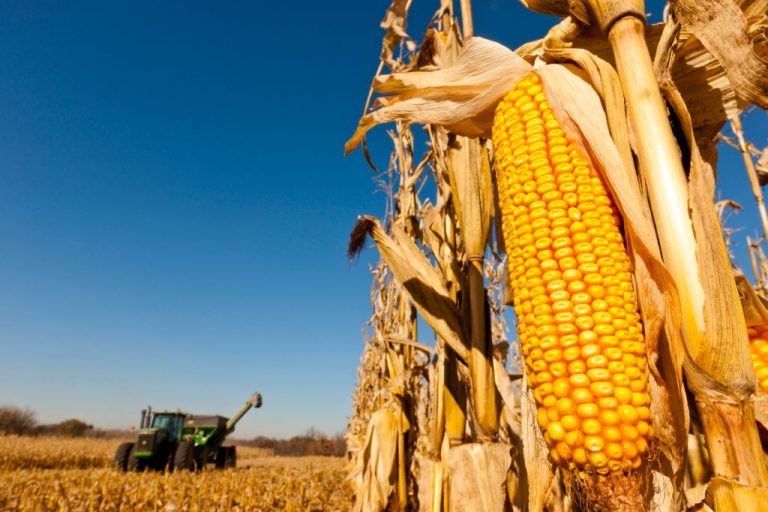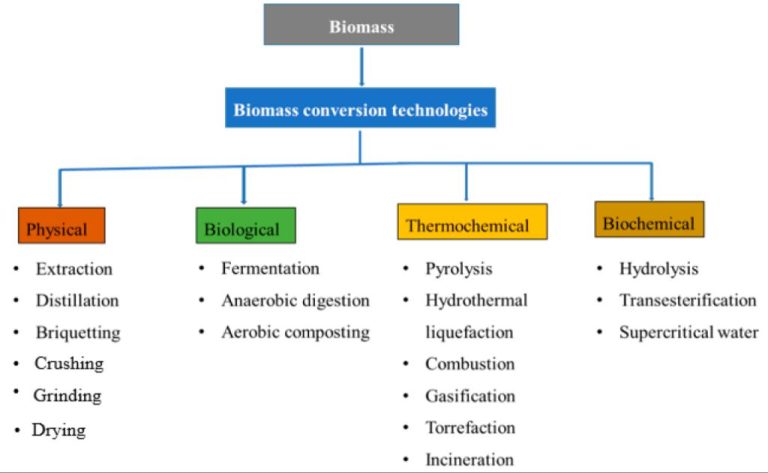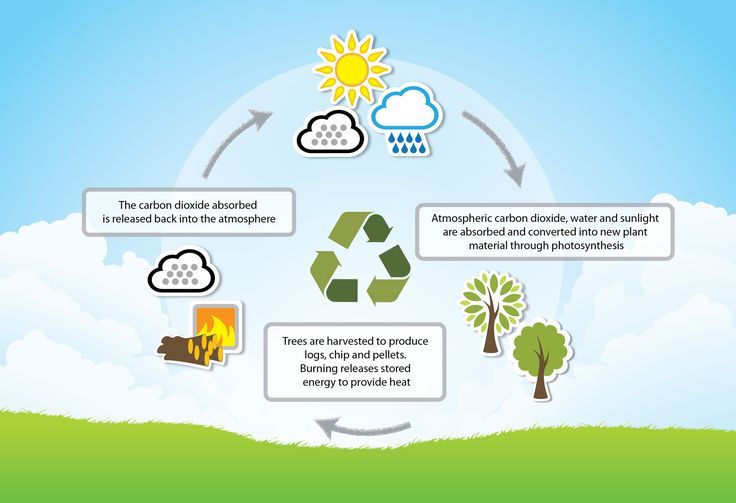What Is The Biofuel Industry In Australia?
Biofuels are fuels produced directly or indirectly from organic matter. This includes solid biomass, liquid fuels and various biogases. In Australia, biofuels refer specifically to ethanol and biodiesel that can replace or blend with conventional transport fuels like petrol and diesel.
The biofuels industry in Australia is still relatively small, but it has been growing over the past decade. Ethanol production has increased from around 200 million liters in 2003 to over 560 million liters in 2020. Biodiesel production has also grown from 27 million liters in 2003 to 305 million liters in 2019. The growth has been driven by government incentives and mandates to increase the use of renewable fuels. However, the industry faces challenges around long-term policy support, high production costs compared to conventional fuels, and sustainability concerns.
History
Biofuel production in Australia began in the early 2000s as interest grew in renewable fuel sources. In 2003, the Biofuels Taskforce was established to help develop the industry and the federal government introduced fuel excise exemptions for ethanol and biodiesel production [1].
In 2005, Australia’s first commercial biodiesel plant opened in Wagga Wagga, New South Wales. Within a few years, other plants opened across the country [2].
In 2007, the Biofuels Act introduced mandates for transportation fuel suppliers to include a minimum percentage of ethanol or biodiesel. This helped drive further growth in biofuel production [3].
By 2010, Australia had 10 biodiesel plants and 5 ethanol distilleries in operation [2]. Key milestones included opening the country’s first commercial-scale cellulosic ethanol plant in 2012.
Current State
The Australian biofuels industry is fairly small when compared to the total fuel market (USDA). According to the US Department of Agriculture, the leading biofuel crops in Australia currently are sugarcane for ethanol production and oilseeds like canola for biodiesel production. In 2021, Australia produced an estimated 250 million liters of fuel ethanol and 40 million liters of biodiesel (Wikipedia).
The main companies involved in biofuel production in Australia are located in New South Wales, Queensland, and Victoria. Some of the major players include Dalby Bio-Refinery, Manildra Group, United Petroleum, and Wilmar International (USDA). These companies operate ethanol production facilities, biodiesel plants, and distribution infrastructure across the country.
While biofuel production has grown over the past decade, it still only accounts for around 1% of Australia’s total transport fuel supply. However, the industry has potential for further expansion given Australia’s climate and ability to produce feedstock crops domestically.
Uses
The main use of biofuels in Australia is for transportation. Bioethanol and biodiesel are blended with petrol and diesel respectively to power vehicles. E10, which contains 10% ethanol, makes up over 90% of petrol sold in Australia (Wikipedia). Higher ethanol blends like E85 are also available but less common. Biodiesel blends B5 and B20 are used in diesel vehicles and machinery. Biofuels help reduce emissions from the transportation sector (USDA).
Biofuels are also used for heating and electricity generation, though to a lesser extent than transportation. Wood pellets, biogas, and biooil can be used for boilers and co-fired in coal power plants. Ethanol and biodiesel production facilities may use biomass for process heat and power. Waste oils and fats can be converted into biodiesel for stationary uses (ACCC).
Australia exports some of its biofuel production. Biodiesel and ethanol are exported to meet demand in Asia and Europe. Wood pellets are also exported as biomass fuel (Wikipedia). The biofuels industry contributes to Australia’s export revenue and energy trade.
Economic Impact
The biofuel industry makes a significant contribution to Australia’s economy. According to a 2021 government report, biofuels could contribute around $10 billion to Australia’s GDP by 2030 (https://biofuels-news.com/news/biofuels-boost-to-australian-economy-by-2030/). The industry supports employment, especially in rural and regional areas. One estimate suggests the biofuel industry could create over 12,000 new jobs by 2030 (same source).
Biofuel production also increases demand for agricultural products like grains and oilseeds grown in Australia (https://www.austrade.gov.au/en/news-and-analysis/analysis/how-biofuels-and-rising-incomes-impact-grain-and-oilseed-demand). This benefits farmers and contributes to agricultural exports. Overall, the biofuel industry delivers economic benefits to multiple sectors while supporting regional development and job creation.

Government Policy
The Australian government has implemented some policies to support the biofuels industry, though not as extensively as some other countries. The main government policies related to biofuels are:
Mandates and targets: There are currently no mandates or targets at the federal level for biofuel use or blending in Australia (USDA). However, New South Wales previously had ethanol mandates which have since been removed.
Subsidies and incentives: There are no direct production subsidies or tax incentives from the federal government for biofuels production (Bioenergy Australia). However, grants have occasionally been provided for research and pilot projects.
Relevant regulations: The federal government has implemented fuel quality standards that allow for ethanol blending up to 10% in gasoline (E10) and biodiesel blending up to 5% in diesel (B5) to be used in vehicles (ACCC). Higher blend fuels can also be used in some modified vehicles.
Sustainability
The sustainability of biofuels in Australia has been debated, with concerns around environmental impacts, water usage, and food security.
Proponents argue biofuels can provide environmental benefits compared to fossil fuels. Biofuels like ethanol and biodiesel can reduce greenhouse gas emissions by 30-90% compared to gasoline and diesel (https://www.ncbi.nlm.nih.gov/pmc/articles/PMC7735313/). However, the overall sustainability depends on the feedstock and production methods used.
Critics argue that increased water usage for irrigating biofuel feedstock crops could negatively impact water security, especially in drought-prone regions of Australia (https://www.business.qld.gov.au/industries/manufacturing-retail/retail-wholesale/selling-fuel-qld/qld-biofuels-mandates/sustainability-criteria). There are also concerns that utilizing food crops like corn for biofuels could reduce food availability and increase costs.
To address sustainability concerns, the Australian government has implemented sustainability criteria for biofuels mandates. This includes lifecycle greenhouse gas reduction thresholds and restrictions on utilizing native forests as feedstock (https://www.rees-journal.org/articles/rees/full_html/2017/01/rees170034s/rees170034s.html). Ongoing research aims to develop advanced biofuels from waste biomass to avoid competition with food production.
Future Outlook
The future looks promising for the biofuel industry in Australia with significant potential for production growth and emerging technologies creating new market opportunities.
The Australian Renewable Energy Agency (ARENA) predicts production could double or triple by 2030, reaching up to 12 billion liters per year, driven by policies to increase the biofuel mandate and incentives for flexible-fuel vehicles.[1] Advanced biofuels from agricultural residues and municipal waste offer the largest growth potential, using residual woody biomass, bagasse, wheat straw, and municipal solid waste. Emerging technologies like biomass gasification and pyrolysis can help produce higher quality fuels from this feedstock.[2]
While the outlook is positive overall, the industry faces challenges around long-term policy support, investment, and competing uses for feedstock. Sustained government commitment to biofuel targets and funding programs will be critical to drive growth. More investment is needed in commercial-scale advanced biofuel plants to prove scalability. Competition from higher-value uses of biomass, like renewable power generation, must also be managed. The development of dedicated energy crops could help provide sufficient feedstock. Despite the challenges, if supportive policies continue, the industry can keep growing sustainably.
Major Players
Some of the major companies involved in biofuel production in Australia include:1
Manildra Group is the largest ethanol producer in Australia, producing 300 million litres annually from wheat waste starch at its plant in Bomaderry, NSW.2 The company focuses on generating biofuels from agricultural waste products.
Australian Renewable Fuels owns three plants producing biodiesel from tallow and used cooking oil. Their focus is on commercializing second generation biofuels.1
EcoTech Biodiesel owns a plant in Darwin producing biodiesel from recycled cooking oils. They are innovating production methods to utilize a wider range of feedstocks.
Other major companies like BP and Caltex are involved in biofuel distribution and blending in Australia, helping expand consumer access to biofuels.2
Conclusion
In conclusion, the biofuel industry plays an important role in Australia’s energy landscape. Key points discussed include:
- Biofuels like ethanol and biodiesel provide renewable alternatives to fossil fuels.
- The biofuels industry has grown substantially over the past decade in Australia.
- Biofuels are used mainly in the transport sector as blending agents or pure fuels.
- The industry contributes to economic growth, especially in rural areas.
- The government provides incentives and mandates to support biofuel adoption.
- Sustainability practices are important to ensure environmental benefits.
- The industry is expected to continue expanding as technology improves.
- Major players are active across the biofuel supply chain.
With energy security and emissions reduction being key priorities, biofuels will remain an integral part of Australia’s energy mix into the future. Continued investment and innovation will help drive the growth of clean, renewable biofuels in the country.






